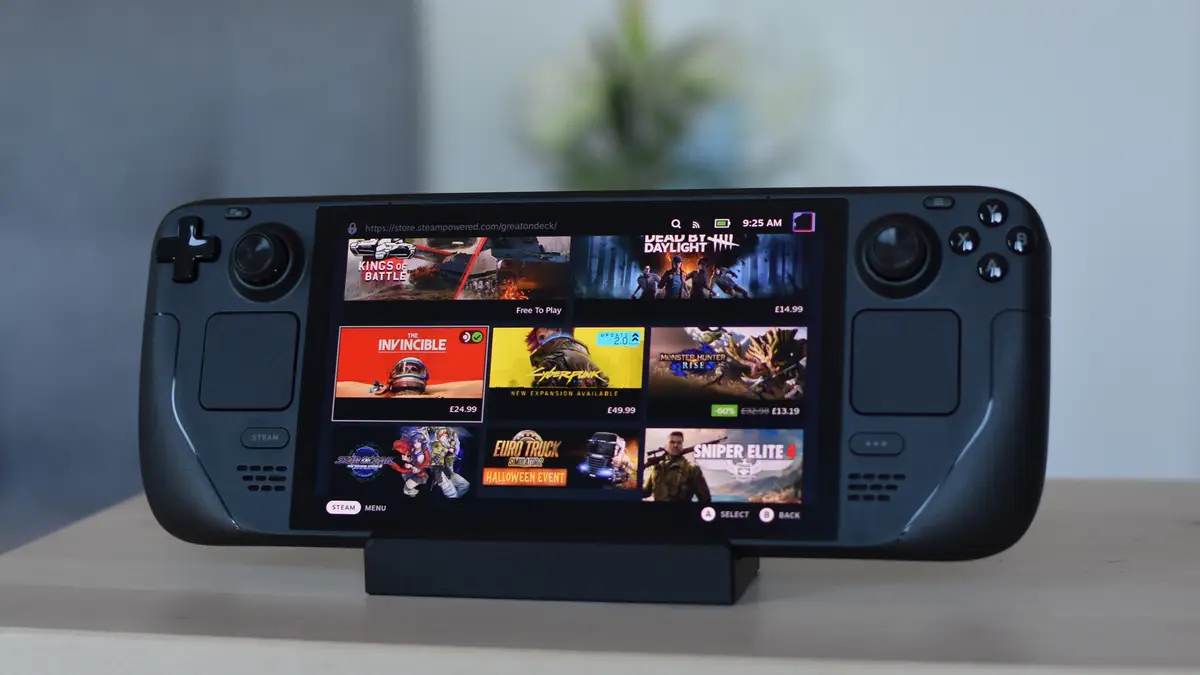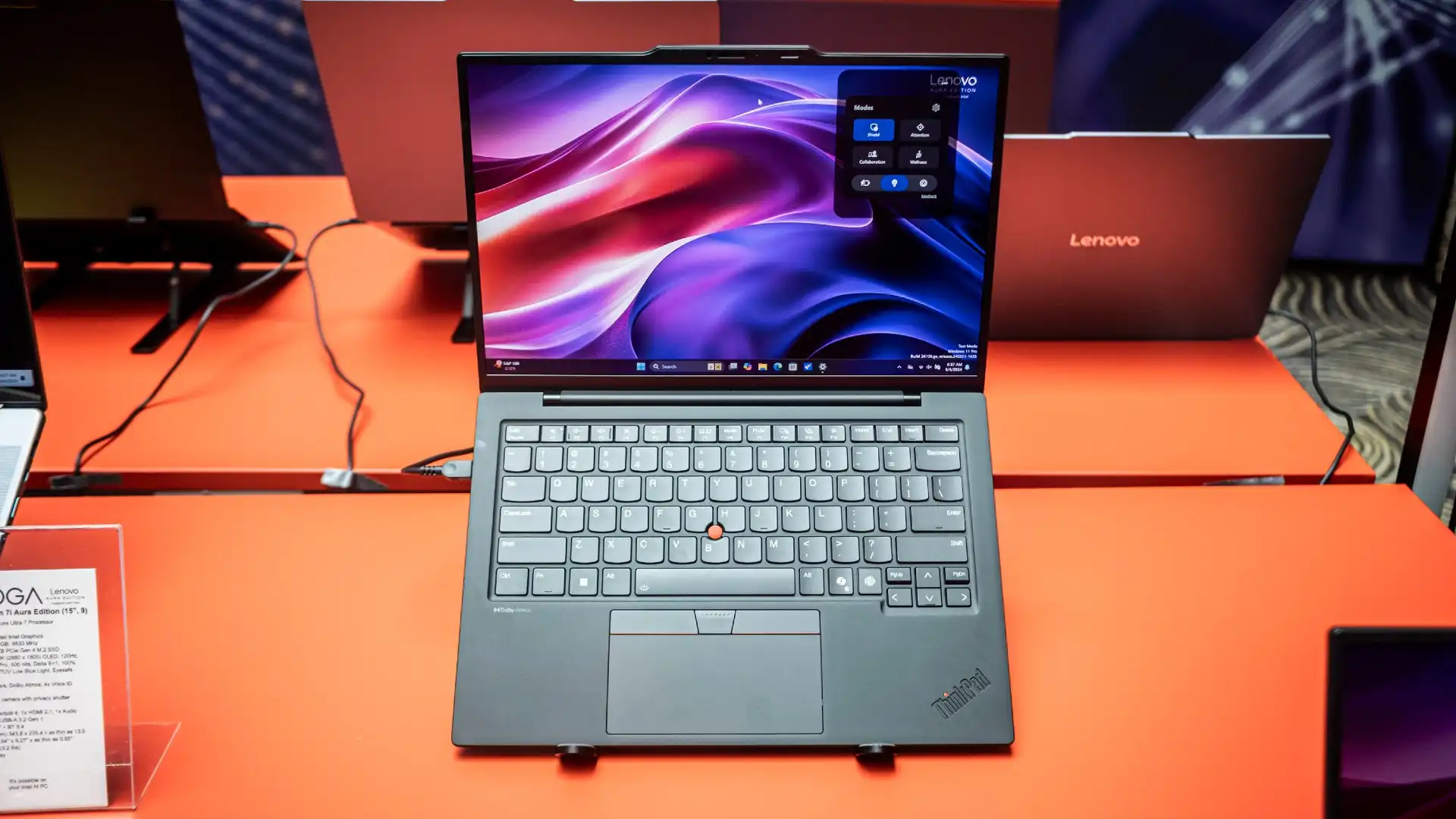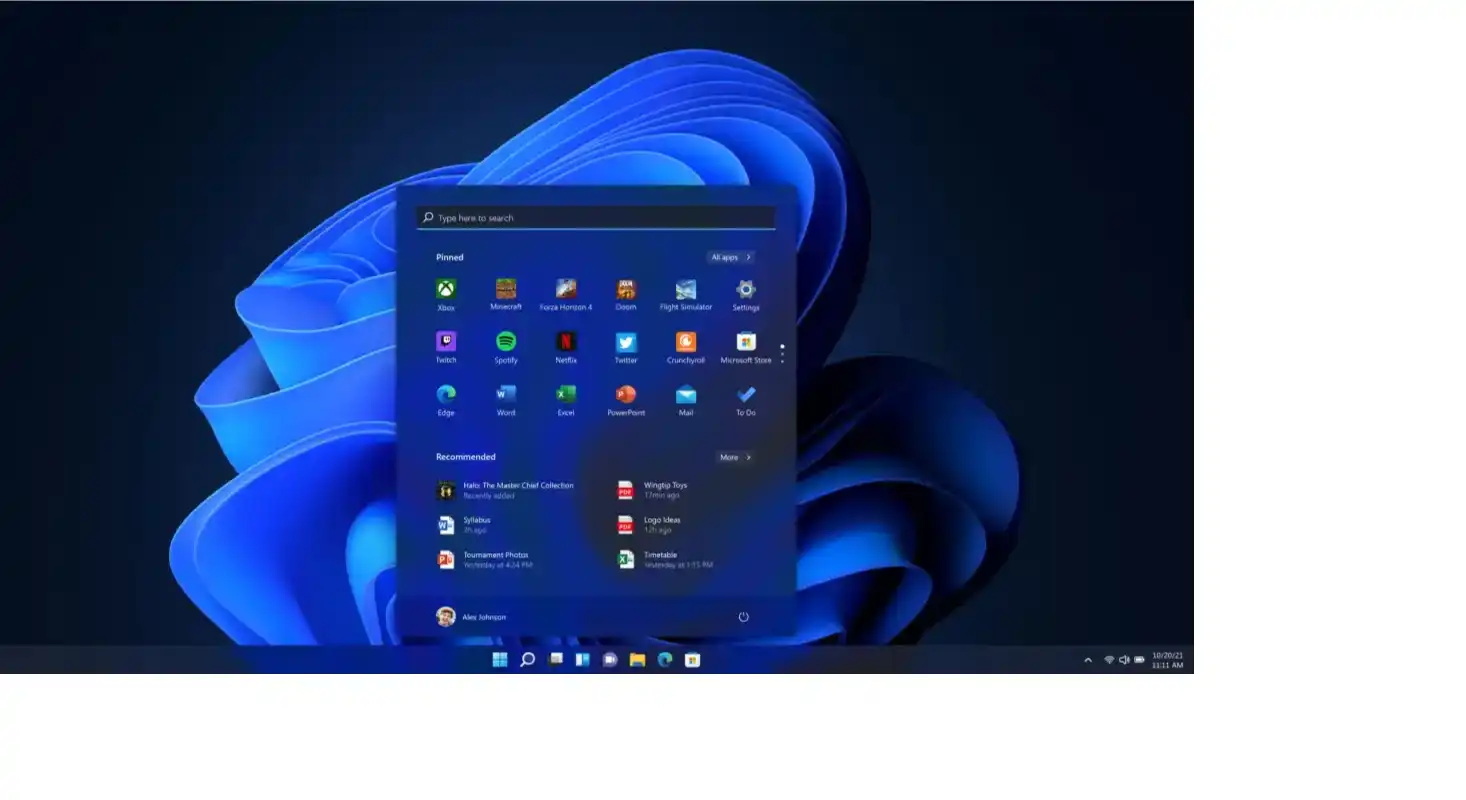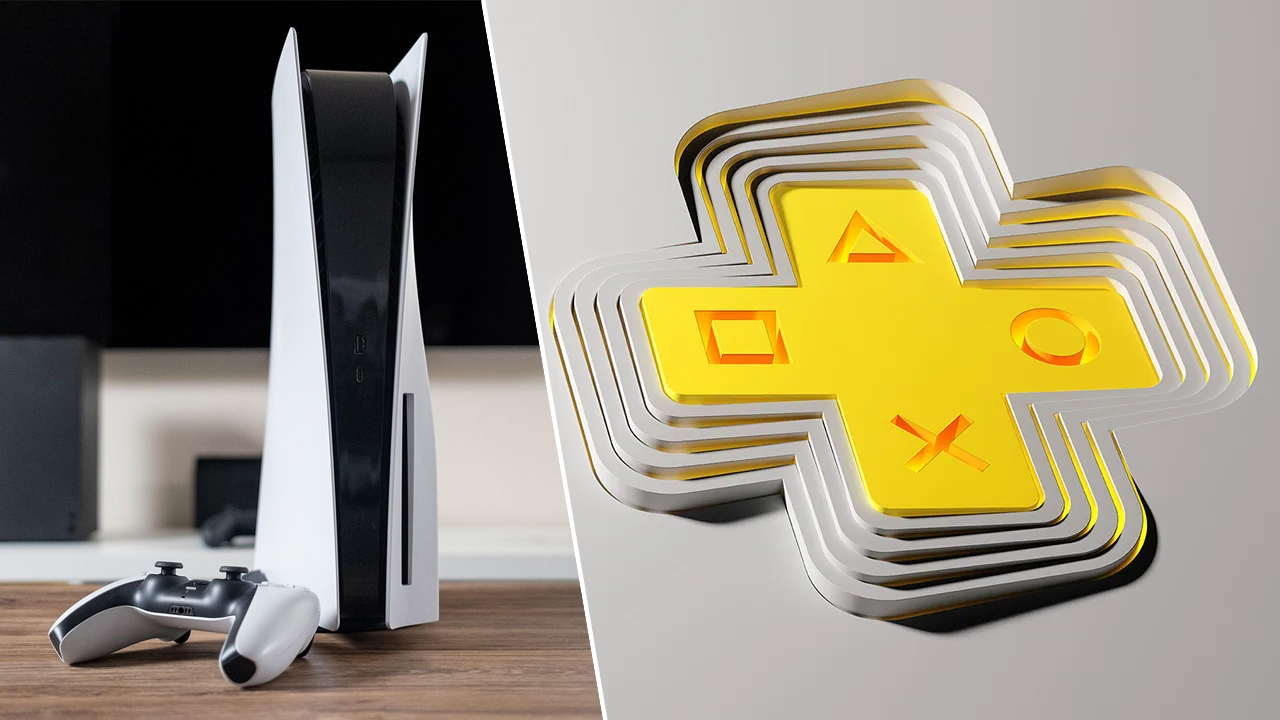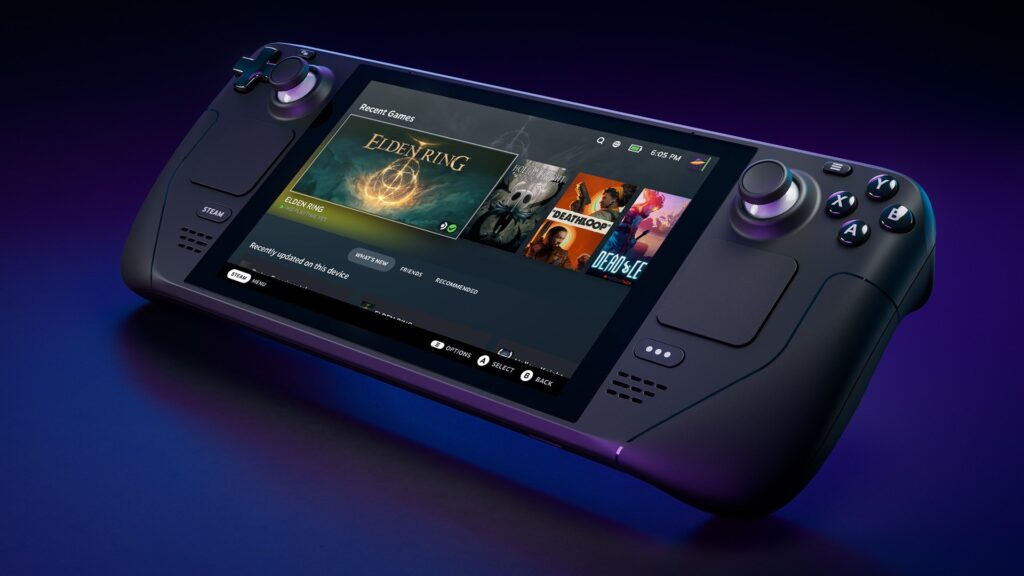
The Steam Deck has emerged as perhaps the most popular Linux PC, though many users may not realize that its foundation is built on SteamOS, a Linux-based operating system. Central to the Steam Deck’s functionality is the Proton compatibility layer, which simplifies the process of running Windows games on Linux. Recent developments suggest that Valve is testing a version specifically tailored for ARM hardware, dubbed “Proton-arm64ec-5.” While this version is not yet public, its presence in the SteamDB.info database, as reported by Tom’s Hardware, hints at significant future possibilities for the platform.
The term “arm64” signifies that this version of Proton is optimized for ARM-based devices, which have become ubiquitous in various technology sectors, particularly in mobile devices like smartphones and tablets. Notably, Apple transitioned from Intel to its own ARM-based processors for its MacBook lineup in 2020, and the recent trend toward ARM-based Windows laptops, such as those utilizing Qualcomm’s Snapdragon processors, further underscores the architecture’s growing relevance.
The implications of an ARM-specific Proton layer could be profound, particularly for devices resembling the Steam Deck but powered by ARM hardware. Since the success of the Nintendo Switch in 2017, the handheld gaming market has seen a surge of ARM-based gaming devices. Furthermore, there are indications that Valve is eyeing platforms beyond the Steam Deck, including the Asus ROG Ally family. Another intriguing possibility is that Valve might be considering an ARM-based version of the Steam Deck itself, especially as the original AMD-based model begins to show its age.
Additionally, Valve’s exploration of ARM hardware could enhance Steam’s performance on Linux devices. Traditionally, ARM gaming devices have primarily focused on Android, catering to mobile gaming and classic console emulation. While it’s technically feasible to run Windows games on ARM-powered Snapdragon laptops, performance often suffers significantly. MacOS faces similar challenges, but the issue is less pressing since Mac systems aren’t typically prioritized by PC gamers.
As of now, Valve has not officially confirmed any of these developments. Much of the speculation stems from the “arm64” designation found in the SteamDB entry. Nevertheless, the prospect of a compact, more efficient, and potentially more affordable Steam Deck variant operating on ARM architecture is undeniably exciting.

